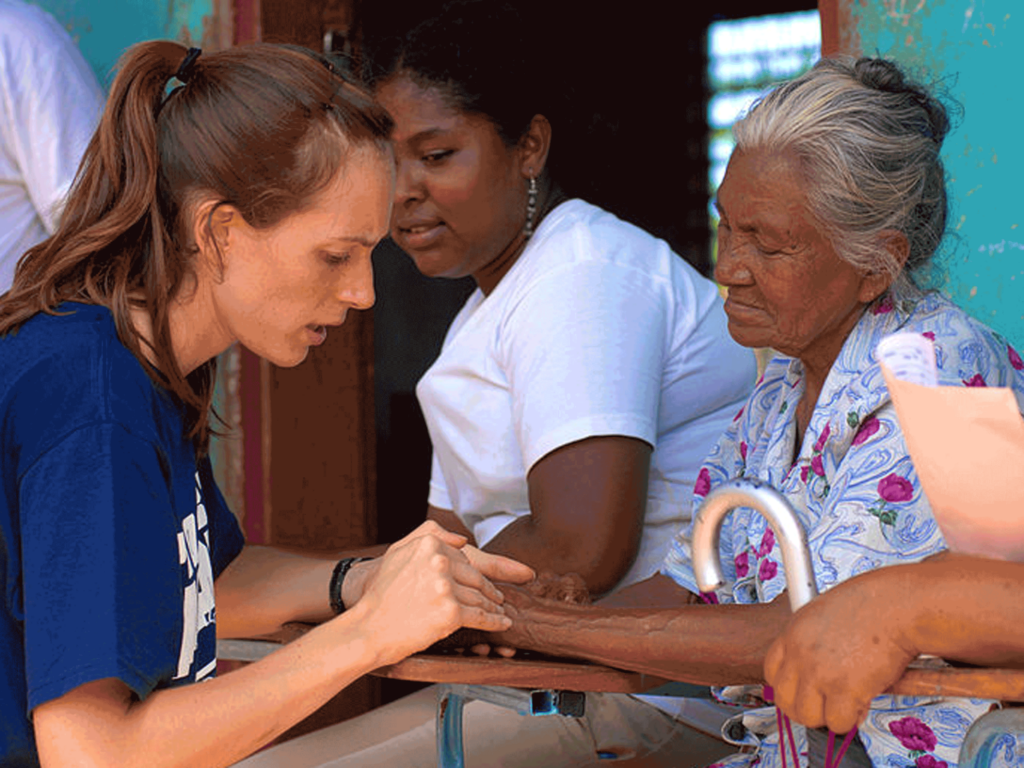I volunteered my time to a local group of creatives to produce a video of their latest production. One of their company, who attends my church, asked for my help and I happily agreed.
I agreed because I wanted to support what they’re doing. I agreed because I knew I could produce a quality recording they could enjoy and share with family and friends.
I did it. Took me hours and hours. I heard through my friend that they loved what I’d done. But from the group? Crickets.

Did I get an email or a phone call expressing appreciation? No. Did I get a nice card signed by the staff saying something like, “Wow, you really hit it out of the park! Thank you!” No. A fruit basket? Nope.
I volunteered and did my best; I’m pleased with the results. I accomplished what I set out to do, which was to help out the people in this organization. So why am I unhappy?
Because no one has praised me for my good work. Because no one has said how much they appreciate me. I’m upset because I haven’t been applauded for my magnificent kindness and generosity.
Isn’t that pathetic? I think it is. I think it suggests that I didn’t go into this thing with a spirit of altruism, despite what I might have told myself. I went into it hoping to get something in return. I was looking for a quid pro quo, not money, not fame, but strokes. Appreciation. A little praise. I was looking for an ego massage.
Now, sure, a case can be made that they lacked good manners and gratitude. Maybe that’s true, but I don’t think that lets me off the hook. I want to focus on me, on my attitude. I was pretending to be generous when in fact I was expecting payback.
“Be especially careful when you are trying to be good so that you don’t make a performance out of it. It might be good theater, but the God who made you won’t be applauding.
“When you do something for someone else, don’t call attention to yourself. You’ve seen them in action, I’m sure—’playactors’ I call them—treating prayer meeting and street corner alike as a stage, acting compassionate as long as someone is watching, playing to the crowds. They get applause, true, but that’s all they get. When you help someone out, don’t think about how it looks. Just do it—quietly and unobtrusively. That is the way your God, who conceived you in love, working behind the scenes, helps you out.” —Matthew 6:1-4 (The Message)
This teaching is yet another example of Jesus’ upside-down moral framework. Don’t look for credit when you do something good, he says. Do your good deeds privately, away from the spotlight. If you’re looking for admiration, you’ll spoil the whole purpose of your kindness.
And what is the purpose of spontaneous acts of kindness? Love. Back to love, yet again. Not smoochy love. The sort of love that Jesus said lays down its life for another. The good Samaritan sort of love that goes out of its way, making sacrifices to show kindness and respect for other people without expecting anything in return. Imagine what sort of world this would be if more people treated each other with that sort of generosity?
But most of us, when asked to help someone in need, sooner or later come up against the very human question, “What’s in it for me?”
Paul puts it so well in Philippians 2:
In your relationships with one another, have the same mindset as Christ Jesus: Who, being in very nature God, did not consider equality with God something to be used to his own advantage; rather, he made himself nothing by taking the very nature of a servant, being made in human likeness. And being found in appearance as a man, he humbled himself by becoming obedient to death— even death on a cross! —Philippians 2:5-8 (NIV)
Isn’t it a good thing Jesus didn’t stop to ask, “What’s in it for me?”




I know you personally, so I’m likely just jumping in to your defense. I think your examination of this is healthy and likely, spot on. But a quick examination of your weekly schedule would show that you are extremely selfless when it comes to where you spend your time. The generous donation of your time and talents in the past does not obligate you to continue to do it without any sense of recognition or compensation in the future. None of us should “donate” our time if we are looking for a transaction of lots of compensation and gratitude. But similarly, no organization should continue to receive gifts from others, without some recognition, gratitude, or compensation. I encourage you to prayerfully consider if you would like to do this type of work for them in the future. It is entirely reasonable for you to choose to spend your time and gifts elsewhere if that feels right to you.